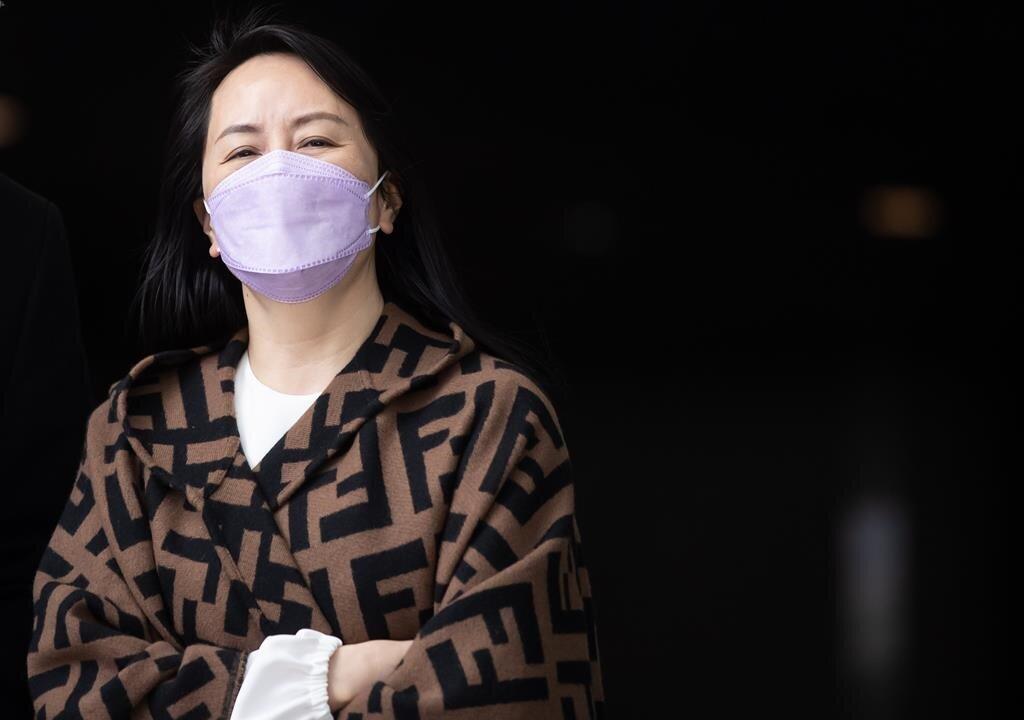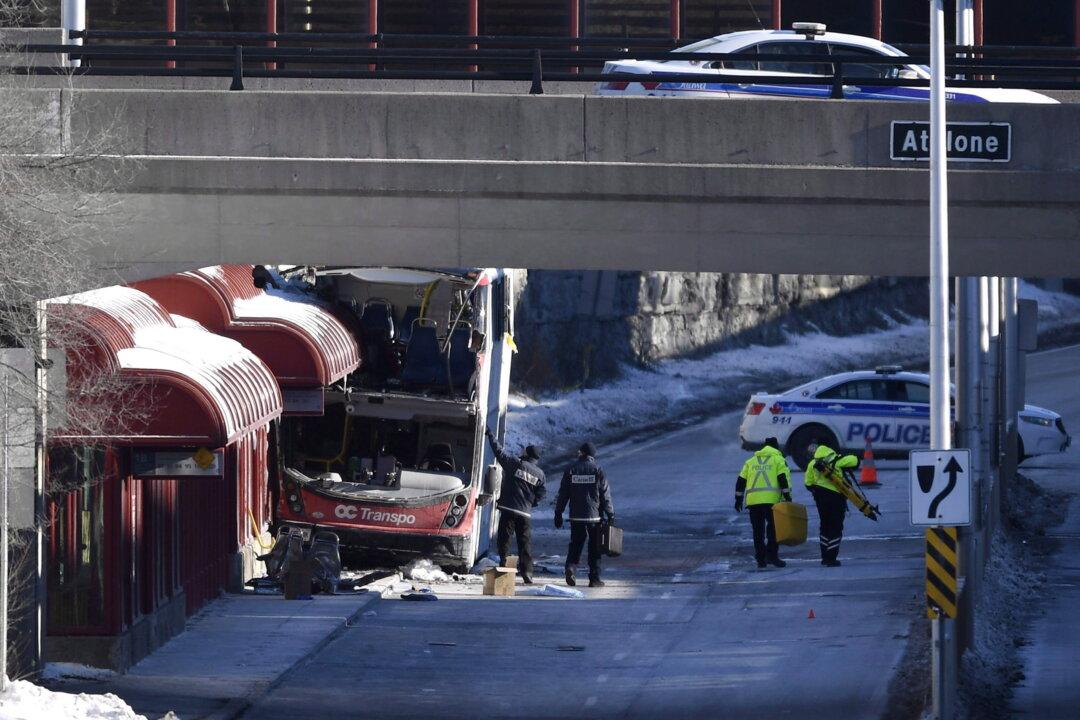VANCOUVER—A British Columbia Supreme Court judge will not allow new evidence to be admitted in the United States extradition case of Huawei chief financial officer Meng Wanzhou.
Associate Chief Justice Heather Holmes said on July 9 that the application by Meng’s lawyers to use the documents obtained from HSBC through a Hong Kong court is denied.





